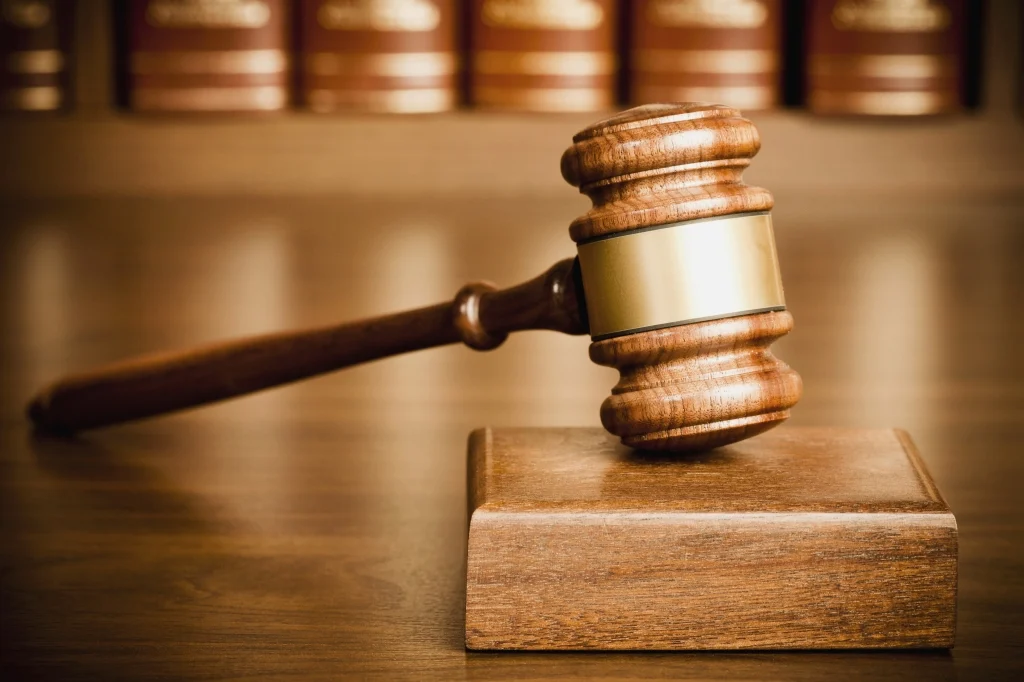The Peoples Democratic Party (PDP) has rejected the state’s governorship tribunal upholding of Governor Nasiru Idris and his deputy Abubakar Umar’s election and has headed to the appeal court.
Counsel to the PDP in Kebbi State, Barrister Nura Bello, in a statement issued on Thursday, said they were not only dissatisfied but dismayed by how the tribunal affirmed the governorship election of the APC despite the evidence and documents before it.
“Considering the evidence presented before the tribunal by the petitioners, every discerning mind that is interested in justice was surprised and alarmed by the way and manner judgement was delivered on the governorship election in Kebbi State by the panel of judges that sat over the tribunal.
“In particular, in respect of PW 27, the principal of the college who came to testify against the deputy governor, PW 28, the director from Sokoto State Ministry for Basic and Secondary Schools and PW 85, the INEC official from Abuja who came to tender the testimonial submitted by 3rd respondent in INEC forms which the petitioners are alledging was forged,” he said.
He said despite the fact that these pieces of evidence, with 15 documents and four disclaimers were there before the tribunal against the 3rd respondent from the school and Ministry of Education in Sokoto, the tribunal closed its eyes to all of them and dismissed the petition.
“Whereas the tribunal only relied on a mere judgement of the Presidential Election Petition Tribunal where it said all subpoena witnesses have to attach their statement on oath alongside the petition.
“Despite the fact that we had attached supreme court judgement that says subpoena witnesses need not attach any statement on oath and cited the case of Uzodimma and Ihedioha but the tribunal closed its eyes and entered its judgement by dismissing the petition,” the counsel said.
He added that because they and the petitioners were not satisfied with the judgement, the petitioners had instructed them to appeal against the ruling of the tribunal.
“The petitioners in that case are not satisfied and we are also not satisfied with the pronouncement of the tribunal,” he said.
“By the provisions of the constitution, the appellant has 21 days within which to appeal the judgement of the tribunal. All our energy is now geared towards appealing that judgement.”
While countering the plea by the APC-led government in Kebbi State that the petitioners should accept the tribunal judgement in good faith and not go to appeal court, Barrister Bello said;
“Why are they afraid of appeal?
“If they say the judgement was concrete and based on law they shouldn’t be disturbed. It’s good to test the law at the appeal court. I don’t think the petitioners will listen to them and we lawyers will not listen to that kind of call.
“Besides, the right to appeal is a constitutional right and the appealants want to exercise that constitutional right. When we have a good case, evidence and some silent issues of law but the tribunal closes its eyes to them and does what it thinks is right, I think the right thing to do is to go to the appeal court to test the law to develop our electoral jurisprudence.”


